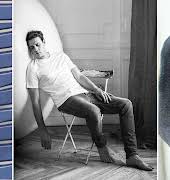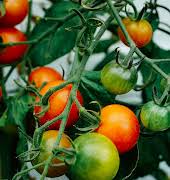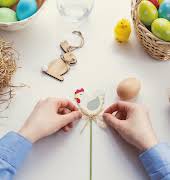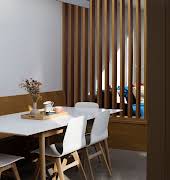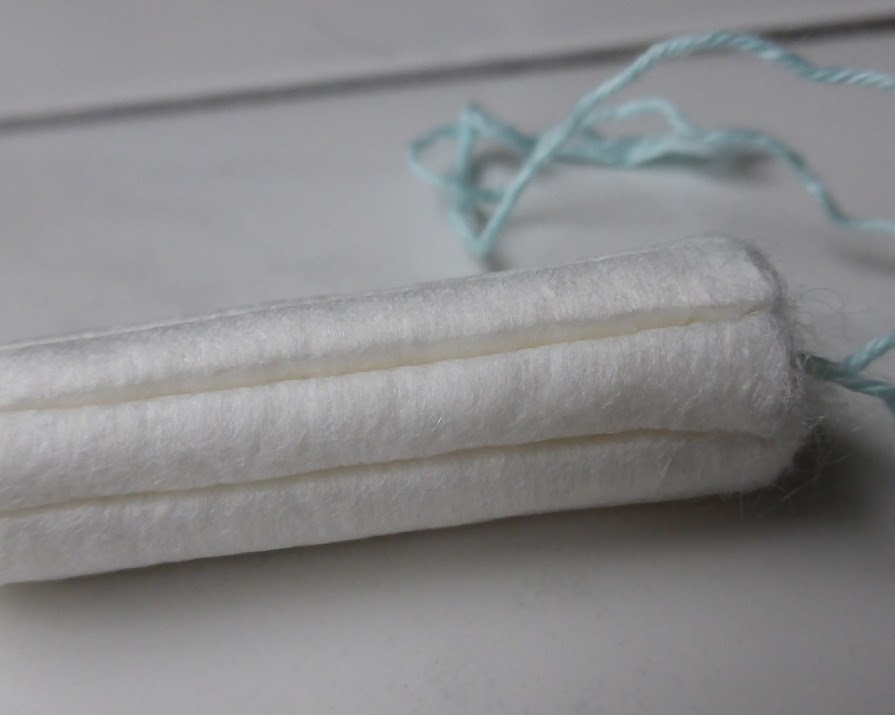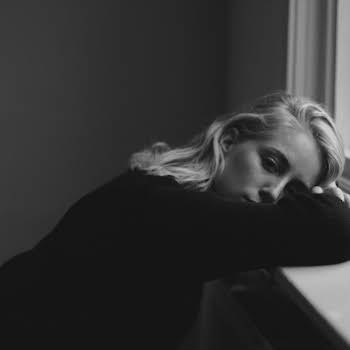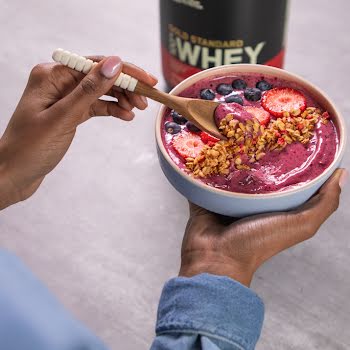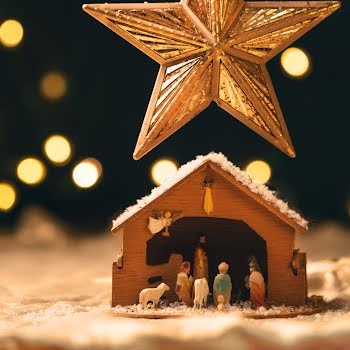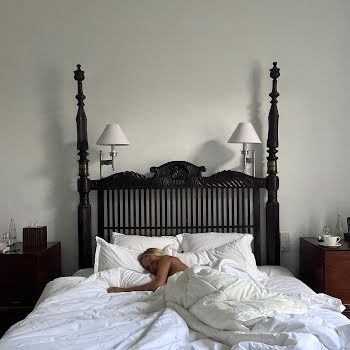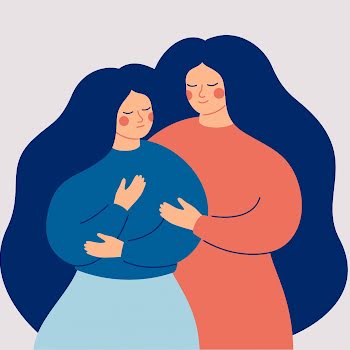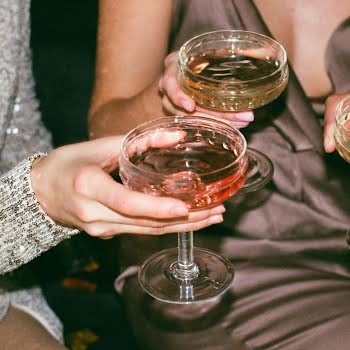By Grace McGettigan
21st Sep 2020
21st Sep 2020
Passionate about sustainability? Here’s how to cut back on period waste
Did you know the average woman will use and throw away more than 10,000 period products in her lifetime?
Did you also know they’re destroying our environment?
Despite looking and feeling like cotton, tampons and pads are composed primarily of plastic. Pads are particularly bad, with an approximate plastic content of 90%. What’s worse, just one pack of sanitary pads contains the same amount of plastic as four plastic carrier bags. With global pollution levels growing at a worrying rate, it’s vital we rethink our menstrual hygiene habits.
The first point to note is plastic isn’t biodegradable; especially not when it’s coated in human blood. When we throw tampons and pads in the bin, they get sent to landfill where they will stay for longer than we’ll be alive. One tampon takes longer than the average woman’s lifespan to degrade; this means all of the tampons you have ever used are still in our environment somewhere. While landfill isn’t a great option (or a good option at all), it’s still better than flushing tampons down the toilet.
Stop flushing
If you’re a flusher, please stop what you’re doing immediately. Sanitary products are not flushable and must be disposed of with regular household waste. Tampax says, “We wish our tampons could be used without creating solid waste, but that is not yet possible,” adding, “Flushing is not ideal for tampon disposal; they cannot be processed by wastewater-treatment facilities and they can harm septic systems.”
Flushed tampons and pads also create blockages in sewer pipes, something Londoners know all too well. A fatberg (similar to an iceberg, except composed of fat, tampons, pads, face wipes and condoms) was found in the pipes beneath the UK capital. It formed from excessive amounts of non-disposable disposables being flushed down the loo and sink. Weighing 130 tonnes and measuring twice the length of Wembley Stadium, it took high-powered water hoses and shovels for staff at Thames Water to clear the mound.
But wouldn’t it be better to have little to no period pollution at all? The world is (thankfully) becoming increasingly environmentally conscious, and small businesses are finding ways to reduce period waste internationally. Here you’ll find three ways to be more eco-friendly when your period comes around:
Period pants
Period pants, like these ones from WUKA, replace any disposable sanitary products. The underwear is made from four layers of stretchy fabric, each with their own specific role. The inner and outer layers are soft, breathable and moisture-wicking; the central layer can absorb up to four tampons worth of blood and has antibacterial properties; while the leak-proof layer prevents blood from leaking out onto your clothes. You can wear them for up to eight hours on light days and four-six hours on heavy days. They’re easy to wash too; either machine-wash alone at 40 degrees and line dry, or rinse and chuck them into your black wash. Simple.

Menstrual cups
Menstrual cups are made of soft, medical-grade silicone and can be inserted into the body to collect blood during your period. This one from Mooncup can hold three times as much as a tampon, making it ideal for heavy days. What’s more, the non-absorbent properties of the silicone means it won’t cause dryness or irritation on light days. It’s completely discreet (no strings attached) and is comfortable to wear while swimming. The cup can be left inside for up to eight hours, depending on your flow, then rinsed out before re-inserting. Mooncups come in two sizes; size A is for women who have not had children, while size B is for those who have given birth.

Plastic-free pads and tampons
Period pants and menstrual cups aren’t for everyone. If you prefer to wear a pad or tampon but would like to improve your carbon footprint, consider buying from Natracare or ilo. Unlike the majority of pads and tampons which contain plastic, Natracare and ilo tampons are made solely of organic cotton. They’re plastic-free, perfume-free, and completely compostable.

Founder of Natracare Susie Hewson says, “Everything we use, do and create is a commitment to the highest ethical standards whether focussed on organic principles or biodegradability.”
Similarly, Jette Virdi, founder of ilo, says, “We believe that every person should have access to safe, non toxic period products,” adding, “it’s our mission to educate not only women and girls, but men and boys to understand the female body, to celebrate their existence and to finally de-stigmatise, de-shame and de-mystify your period.”
Read more: 8 ways to break up with plastic
Read more: I went a whole year without shopping and it was a complete eye-opener
Read more: My struggles with sustainability and a meat-free life



